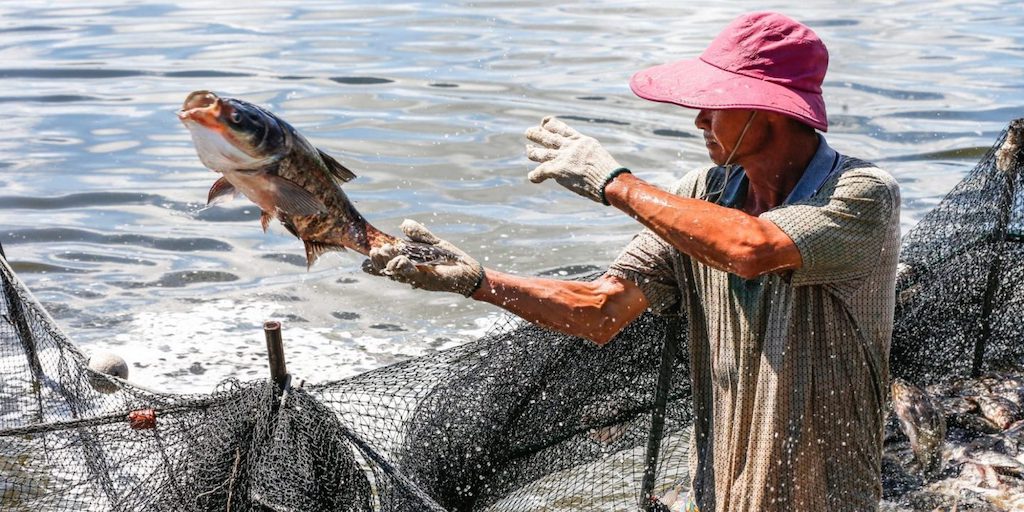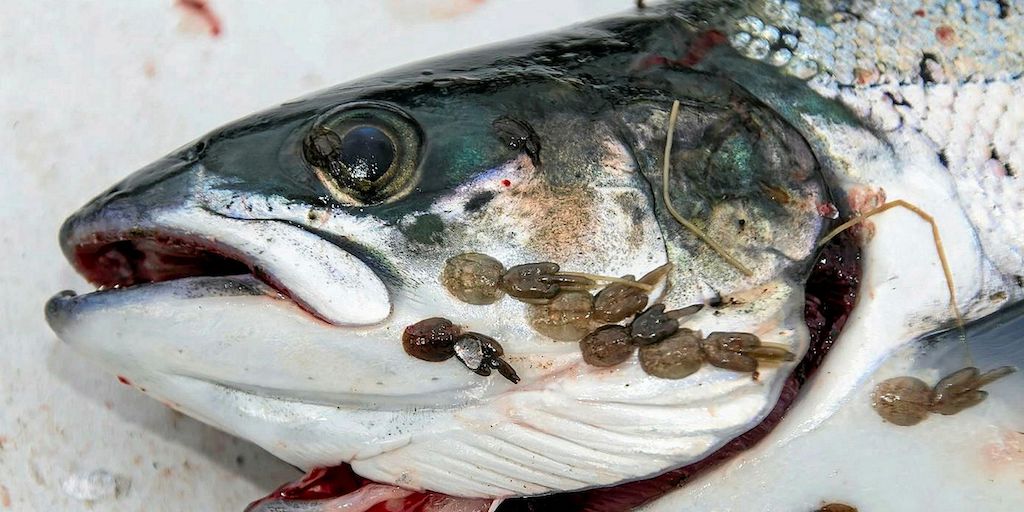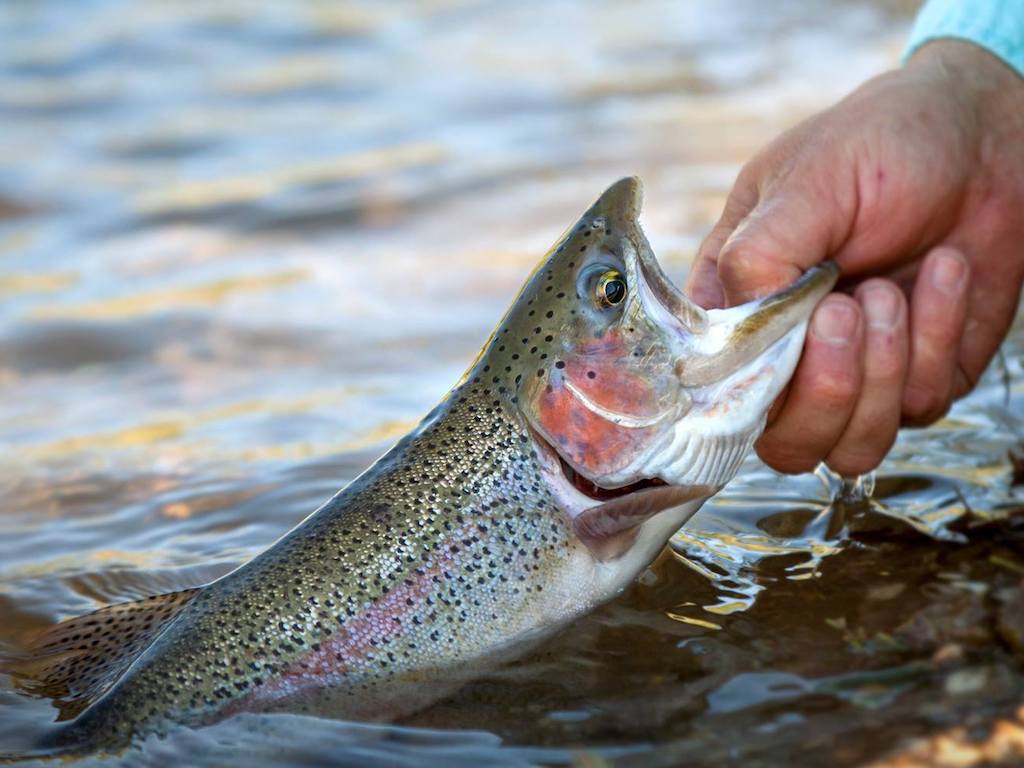4 Mins Read
Despite aquaculture exploding into an enormous global industry in the past years, its impact on the welfare of fish has largely gone unnoticed. In a new study, New York University (NYU) researchers emphasise the “knowledge gap” on animal welfare in the farming of aquatic animals for food and warn of the “unparalleled” threats and suffering it is posing to the individual lives involved.
Aquaculture is threatening fish, shellfish and other aquatic animals who are being farmed food with “unparalleled” levels of suffering and subjecting them to poor living conditions, a new analysis by researchers at the Department of Environmental Studies at NYU has found. The paper, published in the peer-reviewed journal Science Advances, is one of the first studies to consider the impact on individual animals involved in the fast-growing aquaculture industry.
More than 400 aquatic animal species are currently being farmed globally, including shrimp, salmon and carp, yet only 84 of these species had been studied in terms of animal welfare. The NYU team was the first to systematically examine the knowledge available for all species being farmed around the world, and found no information for the remaining 324 species.
“The scale of modern aquaculture is immense and still growing,” said lead author Becca Franks.
“Yet we know so little about the animals that we are putting into mass production, and the negative consequences of aquaculture’s expansion on individual animals will just continue to accumulate.”

Our research reveals that modern aquaculture poses unparalleled animal welfare threats in terms of the global scope and the number of individual animal lives affected.
Becca Franks, Lead Author, NYU Department of Environmental Studies
The lack of available information, say the researchers, poses a huge risk in terms of animal welfare because the industry is able to continue growing without sufficient scientific knowledge about the fish species being farmed – particularly as fish farms continue to be touted as a viable food insecurity solution, though the NYU experts note that aquafarming “hasn’t diminished stress on wild populations”.
In addition to depleting ocean fish stocks, the fishing industry as a whole is riddled with other environmental harms, including the problem of bycatch and plastic pollution left behind by ghost nets in the case of wild fishing, and the overuse of antibiotics and the rise of livestock diseases with regard to farmed fish.
“While the presence of animal welfare knowledge does not ensure well-being, the absence of such information is troubling,” explained Franks. “In sum, our research reveals that modern aquaculture poses unparalleled animal welfare threats in terms of the global scope and the number of individual animal lives affected.”
Some fish farms have begun to implement welfare standards, such as in the U.K. and Norway, but the authenticity of these commitments have been questioned, given recent exposés of crowded sea cages and high incidences of sea lice infestations and mortality rates.

Although aquaculture has been around for thousands of years, its current expansion is unprecedented and is posing great risks, but, because it is so new, we can choose a different path forward.
Becca Franks, Lead Author, NYU Department of Environmental Studies
A report on the global salmon industry released in March, for instance, found mortality rates have more than quadrupled between 2002 to 2019 in Scottish salmon farms alone, jumping from 3% to 13.5%. Around one fifth of the deaths recorded were due to sea lice infestations – when lice feed on the skin and mucus of salmon, causing painful lesions and essentially eating them up alive.
The NYU team, which also included associate professor Jennifer Jacquet and Chris Ewell, an NYU undergraduate at the time of the study, warned that with current seafood consumption trends, more must be done to examine the welfare of all fish species being farmed and fill the existing knowledge gap.
Demand has been growing exponentially over the past few years, especially as more people shift to seafood in a bid to lower their meat consumption.
“Although aquaculture has been around for thousands of years, its current expansion is unprecedented and is posing great risks, but, because it is so new, we can choose a different path forward.”
Lead image courtesy of Animals Australia.




